Limiting the president’s power to shut down the internet

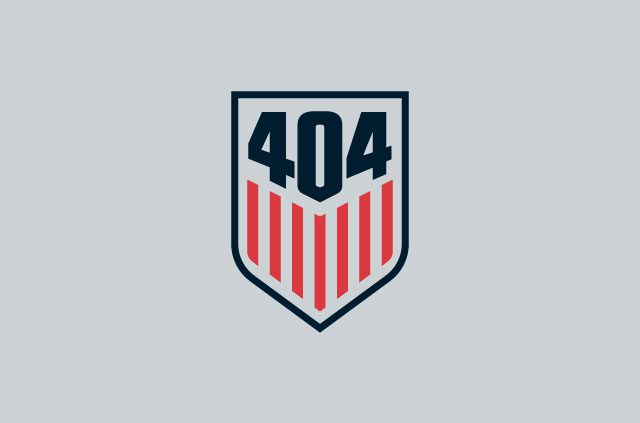
This post was originally published on November 3, 2020.
A law written 86 years ago, when telephones were still somewhat novel, has inadvertently given the U.S. president the ability to shut the internet down indefinitely, and without requiring Congress’s approval.
Last week, in the run-up to the 2020 presidential elections, a bipartisan bill was brought to Congress with the aim of updating the legislation. The Preventing Unwarranted Communications Shutdown Act would make it more difficult for the president to shut down the internet.
[Get the latest news concerning your digital rights. Sign up for the ExpressVPN Blog Newsletter.]
‘An extraordinary infringement of rights’
In its current form, Section 706 of the 1934 Communications Act states:
Upon proclamation by the President that there exists war or a threat of war, or a state of public peril or disaster or other national emergency … the President … (may) suspend or amend the rules and regulations applicable to any or all facilities or stations for wire communication within the jurisdiction of the United States.
In other words, it is possible for the U.S. president to declare a national emergency, invoke emergency powers, take control of all means of wired communication—including the internet—and suspend them.
The new bill proposed by California Congresswoman Anna Eshoo (who happens to represent Silicon Valley), argues that an internet shutdown “would be an extraordinary infringement of rights,” and to prevent its seismic effect on U.S. citizens and the world at large, “it should only be allowed in an extreme circumstance, and only with the consent of a supermajority the representatives of the people.”
The Preventing Unwarranted Communications Shutdowns Act essentially wants to limit the president’s range of reasons for shutting down the internet to “ones necessary to protect against an imminent and specific threat to human life or national security if such action is narrowly tailored and is the least restrictive means for the purpose.”
The act would also force the president to notify congressional leaders, senior executive heads, and the Federal Communications Commission within 12 hours of ordering a shutdown, which can only happen with 60% approval of both the House and Senate, and 25% of the minority party’s, in order to extend the shutdown after 48 hours. A Government Accountability Office Report would be required, as well as compensation to providers and their customers.
Will the internet shut down?
Internet shutdowns, partial and total, have occurred at greater frequency in the past few years, primarily in Asia and East and Central Africa. In the past year, shutdowns have been reported in Ethiopia, Iran, Myanmar, Bangladesh, Pakistan, and, the worst offender, India, among other countries. Internet freedoms have been declining around the world; meanwhile, the UN Human Rights Council regards intentionally preventing access to information online as a human rights violation.
Shutdowns are an extreme form of internet censorship most commonly used by governments during times of protests and elections in an attempt to control social agitation by suppressing information. The emergence of Covid-19 has also led to increased censorship.
Total internet shutdowns in countries, even in oppressive ones, are rare. What we observe more often is a partial shutdown of social media and communication apps during political flare-ups. In the U.S. and Europe, shutdowns are unheard of.
That doesn’t mean it’s impossible that it could happen in the U.S., though (it’s 2020, after all). And if it does, you’ll need to know how to survive it.
Also read: Laws that threaten internet freedom around the world
Take the first step to protect yourself online. Try ExpressVPN risk-free.
Get ExpressVPN






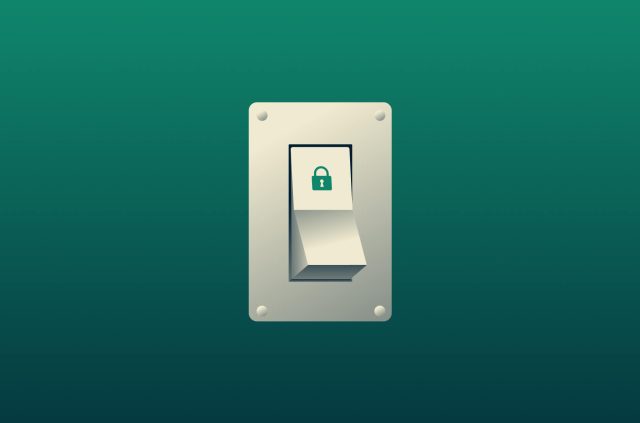
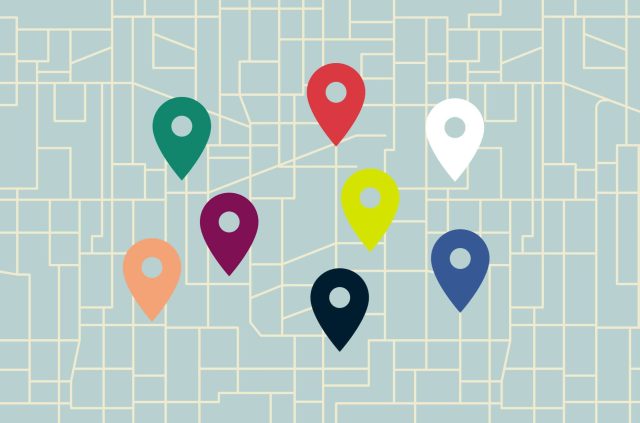
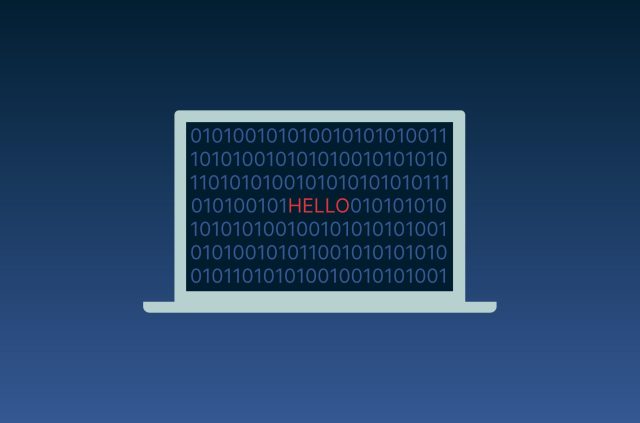



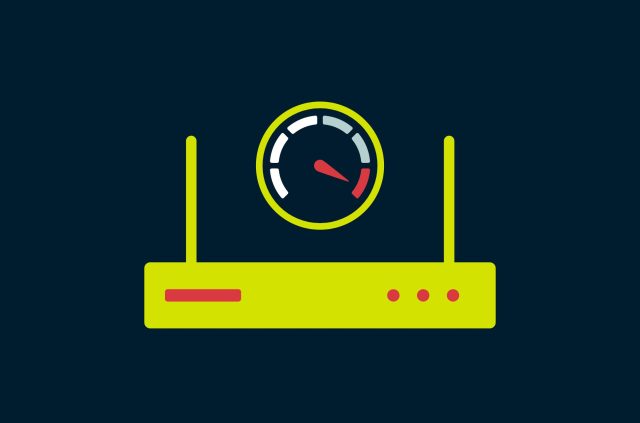





Comments
E la soluzione? Se si affronta pubblicamente un problema bisogna avere la soluzione o ragionarne insieme.
Are these people crazy? They only seek to transfer the power from thew executive branch, and granting the powers to themselves. The Congress can't even agree on what to eat for lunch, let alone whether there is a crisis of global magnatude or is the voice of dissent. The power to shut down the media/internet should remain with the executive branch, for it is through this office that all matters of national security flows first hand. The bill was written to shut down President Trump, who said it was a tool available, if the press and internet platforms continued to censor important news and promoted false or misleading stories(propaganda). One must look into the future when deciding to alter advents to governmental systems. Though we can't actually see the future, we can surmise that situations change. In a war time crisis, the power to shape the news should be an excutive discision.
I was warned about this 10 years age . they will stop allowing you to be or inform others all the air ways will be shut down here in Colorado there are three pices of equiped trucks
Right now in America, the left is abusing the internet. Social media moguls and the MSM are doing everything they can think of to make their message drown out any and all dissent. Everything else is mere conspiracy theory. Biden crime family? No evidence, nothing to see, move along. Voting fraud? No evidence, nothing to see, move along. NSA monitoring everything you do? HA! They have nothing compared to Facebook and Google and the others. Joseph Goebbels, the Nazi Minister of Propaganda, would have killed for something like this. How do we reign in something like this? How do we keep the internet, with all of it's potential for good, from becoming the tool of tyrants from either side? Merely passing a law which effectively prevents it's shutdown is not what is needed. When Facebook, Twitter, YouTube and others began censoring free speech, even that of the President himself, they should have been shut down immediately. To keep something as powerful as the internet from being used against ourselves, the power to shut it down is in the right place. Putting it effectively beyond any control, like this bill would do, is not in our best interests. If a President abuses his or her power there are already safeguards in place to handle that, from voting them out, to term limits, to impeachment. Where are our safeguards against abuse from those who effectively run the internet?
The PRESIDENT is the least of your "worries" over shutting down the Interweb. The Masters of the Universe are not your friends if you value free speech and fairness.
How come this sounds like more BS from big tech? Funny how they say the US President but they don’t use Trumps name. Break apart big tech and toss their ass in jail for Treason!